The content of the article
The appearance of a long-awaited child in the house organizes the whole family. But this event changes the woman radically. She is responsible for a defenseless creature. A newborn is dependent on his mother, and the task of a nursing mother is to provide him with all the useful nutrients through breast milk. During this period, anxiety and anxiety intensifies. I would like to prolong lactation for a long period and provide the baby with tasty and healthy food. Each ingredient is analyzed before consuming its food. It is important not to harm the fragile small organism through the eaten product.
Sour cream is a popular product on the table of every housewife. It is the result of milk processing and retains all its beneficial inclusions in its entirety, but its main difference is not only in a pleasant sour-milk taste, but also in quick digestibility. Sour cream has established itself as a valuable ingredient widely used in all areas of cooking, it is included in the main dishes and incredible desserts are prepared on its basis.
Interesting Facts! Russia is recognized as the birthplace of sour cream. It was the Slavic ancestors who learned to remove the "tops" from sour milk. To this day, there are countries that have not appreciated this discovery. The French are preparing an analogue of the product - cream fresh, and Argentina, despite the developed livestock industry, does not produce sour cream.
The product is undoubtedly useful, but since milk is used for its preparation, a lot of doubts creep into the head of a woman during breastfeeding. To gain confidence in the appropriateness of the use, it is worth more carefully familiarizing yourself with the derivative of milk, and then draw your conclusions.
The chemical structure of sour cream
Sour cream is prepared from milk, in the process of ripening, changes in the structure of the protein occur. Despite its high nutritional value, fat content and calorie content, the product is well perceived by the body, and is more useful than cream and milk.
It includes:
- Large vitamin composition: B vitamins (B1, B2, B3, B6, B12, B4), H, A, E, D, PP, K, ascorbic acid, beta-carotene.
- Macronutrients: potassium, phosphorus, calcium, sodium, magnesium.
- Trace elements: iron, copper, zinc, selenium.
Well and, of course, sour cream contains proteins, fats and carbohydrates.
The benefits of sour cream during lactation
Useful properties of a dairy product:
- Helps strengthen the barrier functions of the mother and baby.
- It favors the proper formation of infant bones. Strengthens bone tissue. Provides the body with substances important for building function. Sour cream contains a large amount of calcium, valuable for the children's body.
- Provides the body with energy. Gives vivacity, eliminates the feeling of fatigue.
- It is an effective tool for restoring the body after a severe illness.
- It improves the functioning of the heart muscle and vascular system.
- Serves as a source of vitamins and minerals.
- Improves the condition of hair and nails undergoing not the best changes after pregnancy.
- It improves the functioning of the intestines. Relieves constipation.
- Normalizes the digestive system.
Sour cream can rightly be called a traditional ingredient in Slavic cuisine. Without it we can’t imagine borsch, dumplings, cheesecakes. It gives a spicy sourness and refreshes the taste of desserts.
Harm
Given the origin of the product, sour cream with unreasonable use can harm the body of the infant.
- The high protein content in sour cream can provoke an allergic reaction in the baby's body, accompanied by redness, rashes, discomfort, and swelling.
- Individual lactose intolerance. Recently, such phenomena in infants have become more frequent, this serves as a reason for refusing to use dairy products.
- Excessive consumption of sour cream can lead to digestive upset, provoke diarrhea in the newborn.
- It is difficult for the baby's body to cope with too fatty product. For its digestion, a greater amount of energy is required, and this is an overwork for the baby, leading to sleep disturbance, moodiness and anxiety.
From the above, it can be concluded that sour cream is a useful and important product for the female body during lactation, provided that the amount of eaten derived milk is limited. Also, you should stop your choice on sour cream with a low fat content.
How to choose sour cream
Giving preference to a store product, pay attention to storage conditions and shelf life. Sour cream with a shelf life of more than a week should not cause mom’s interest in breastfeeding. There is sour cream with terms exceeding a month, and sometimes two. Such indicators indicate that heat treatment has been performed, and this makes sour cream useless for the mother and child.
The word "sour cream" should be clearly and clearly indicated on the package, since "sour cream" and "sour cream" are made with stabilizers. For their preparation, technologies and ingredients are used that promote the production of products that are similar in consistency and taste.
Manufacturers have mastered a lot of new techniques to achieve similarity with a natural product without using milk or cream for the production. The use of vegetable protein and stabilizers must be indicated on the packaging. It is important to always read the composition of the product sold.
There are several popular express methods that allow you to check the quality of sour cream:
- A teaspoon of a natural product dipped in hot water should dissolve without precipitation.
- When smearing on a glass surface, sour cream dries in an even layer, without leaving streaks.
It must be understood that sour cream with a low fat content cannot be a thick consistency, otherwise thickeners are included in it.
How to use sour cream during breastfeeding
- The first acquaintance of the baby with this product through the mother’s milk should begin no earlier than three months after birth.
- The daily dose should not exceed 25 g. In case of lactose intolerance, the product is excluded from the nutrition of the mother. In the absence of pathological reactions of the body, the amount over time can be increased to 75 g.
- The best solution for consumption is sour cream, used as an additive to dishes, and not in its pure form.
And remember, it is worth giving preference to less fat sour cream, therefore, it is better to refuse a home-made product.
Video: how to make sour cream

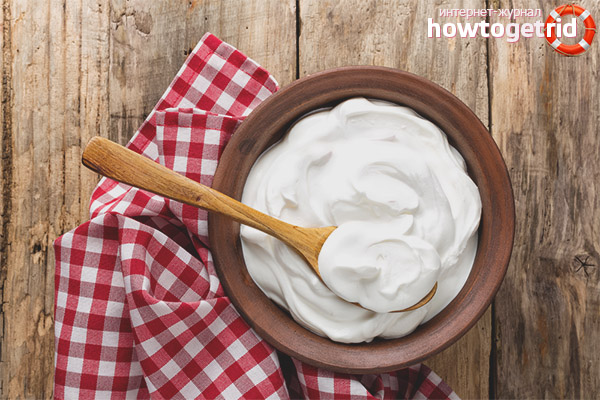
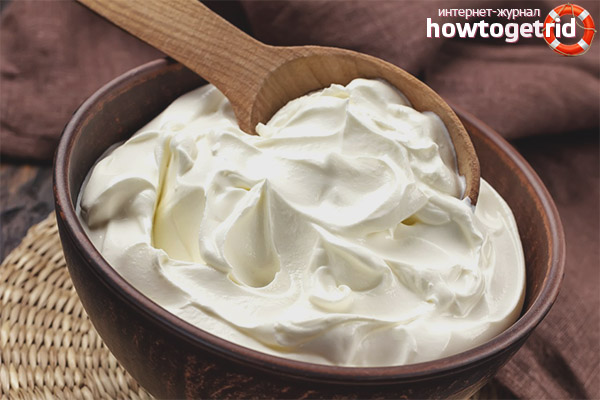
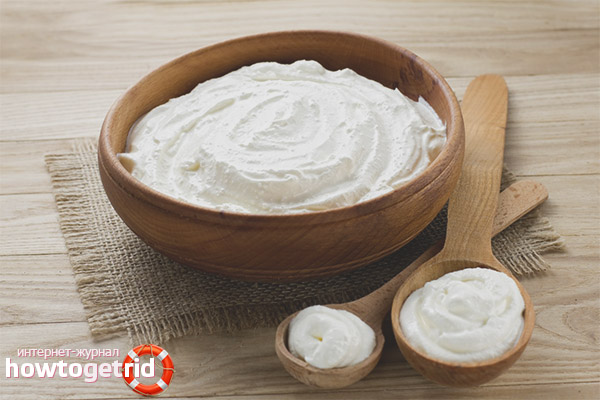


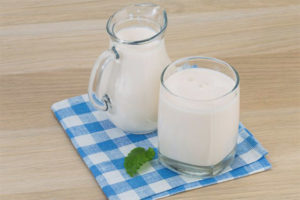


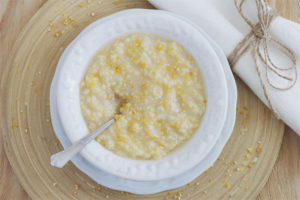
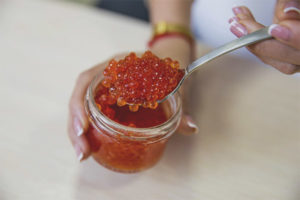
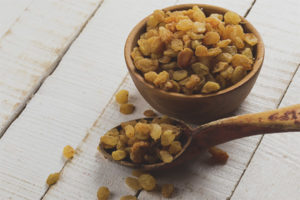
Submit